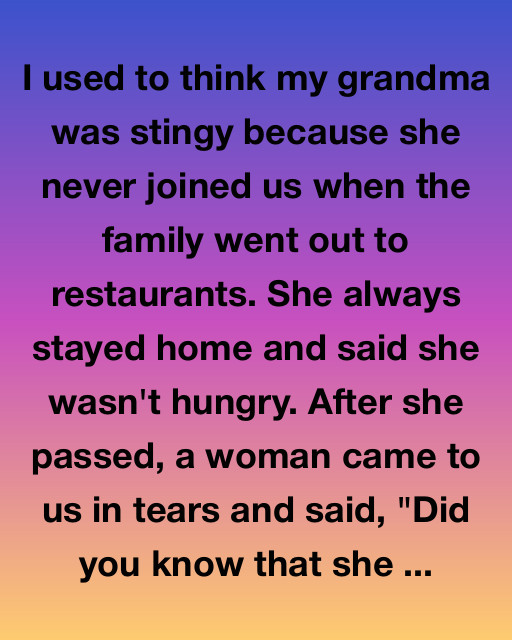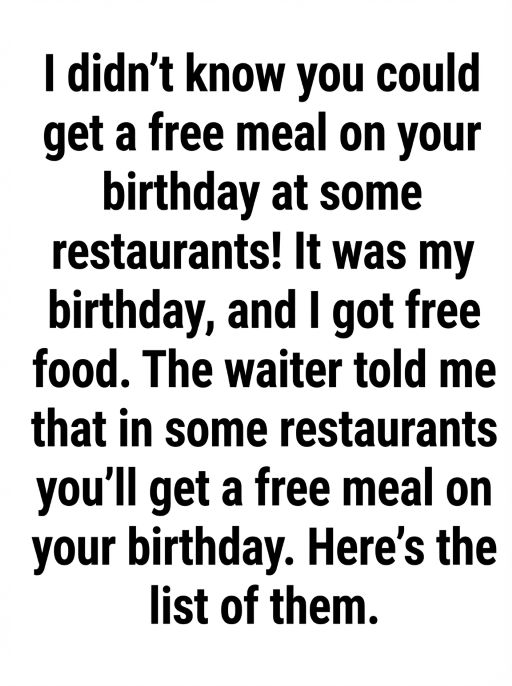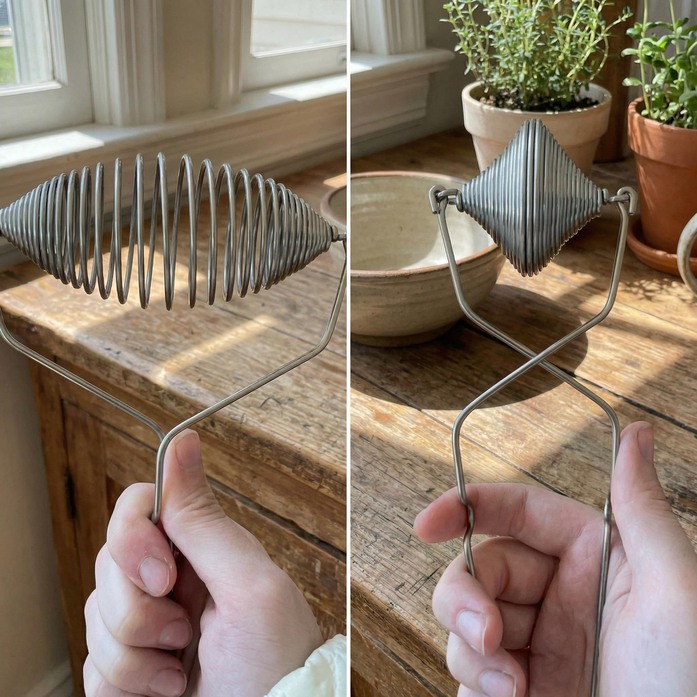
I thought she was just stingy — until the truth broke my heart.
I used to think my grandma was stingy because she never joined us when the family went out to restaurants.
She always stayed home and said she wasn’t hungry.
When I was a kid, I didn’t think much of it. But as I grew older, it started to bother me.
Every birthday, every celebration, every Sunday dinner — Grandma would smile and wave as we piled into the car.
“Go on, sweetheart,” she’d say. “I’ll just stay here and make some tea.”
Sometimes, I’d roll my eyes.
I thought she just didn’t like spending money.
She lived modestly — in the same small house for decades, with old furniture and faded curtains. Her refrigerator was nearly empty except for some jam, eggs, and milk. I once teased her about it, and she just smiled and said, “I have everything I need.”
I didn’t understand.
To me, she seemed distant, stubborn, maybe even cheap.
Then, one day, everything changed.
Grandma passed away quietly in her sleep at 82. It wasn’t unexpected — her health had been declining — but losing her still hit hard.
Our family gathered to clean out her house, sorting through old photo albums, recipes, and trinkets that held decades of memories.
That’s when a woman knocked on the door.
She was about my mother’s age, with tear-streaked cheeks and trembling hands.
“Are you Mrs. Wilkins’s family?” she asked softly.
My mother nodded. “Yes. I’m her daughter.”
The woman pressed her lips together as if holding back a sob. “I’m so sorry for your loss. I just wanted to say… your mother was an angel.”
We exchanged confused looks.
An angel?
The woman introduced herself as Marilyn, the manager of a local diner a few blocks away — a place we’d passed hundreds of times but never visited.
“I don’t know if you knew this,” Marilyn said, “but your mother came to the diner almost every day.”
My jaw dropped. “That can’t be right. She never went out with us — said she didn’t like eating out.”
Marilyn nodded, her eyes glistening. “She didn’t come to eat. She came to pay for meals.”
We were stunned into silence.
She explained that, for years, Grandma had been quietly paying for strangers’ meals — mostly single parents, elderly folks, or people she could tell were struggling.
“She’d sit by the counter with her tea,” Marilyn said. “Whenever someone came in who looked like they couldn’t afford much, she’d call me over, slip me a few dollars, and say, ‘Put their meal on my bill — but don’t tell them.’”
Marilyn’s voice cracked. “When I asked why she did it, she said, ‘Because I know what it feels like to be hungry and ashamed to admit it.’”
Tears welled up in my eyes.
Suddenly, every memory of Grandma flashed through my mind — her worn-out coat, her careful budgeting, her refusal to dine out.
She wasn’t being stingy.
She was saving money to feed others.
After Marilyn left, we sat in Grandma’s kitchen — the same kitchen where she used to bake pies for us, humming quietly to herself — and let the truth sink in.
On the fridge, we found a small magnet with a quote:
“Give quietly. Love loudly.”
Next to it was an envelope labeled “For when I’m gone.”
Inside was a handwritten letter.
My dearest family,
If you’re reading this, it means I’ve gone home to rest. Don’t be sad — I’ve lived a full life surrounded by love.
You probably wondered why I never went out to restaurants with you. It wasn’t because I didn’t enjoy your company — it’s because I once promised myself that if I ever had enough money for a meal, I’d share it with someone who didn’t.
When I was a young widow with two children, there were days I couldn’t afford food. A kind stranger once paid for our dinner without saying a word. That night, I swore that someday, I’d do the same for others.
Please don’t think I missed out. Watching people eat and smile — knowing they had one less worry that day — that was my joy.
Love each other. Be kind. And remember, true wealth isn’t in your wallet — it’s in your heart.
With love,
Mom / Grandma
I couldn’t stop crying.
For years, I’d misunderstood her — judged her — and yet, she’d been quietly changing lives behind the scenes.
We later learned that she’d also donated anonymously to the food bank every Christmas and left part of her savings to a local shelter.
It wasn’t a fortune — just a few thousand dollars — but the note attached said:
“For hot meals and warm hearts.”
A few months later, we visited the diner Marilyn had mentioned.
When we walked in, the staff recognized us instantly. They’d hung a photo of Grandma near the register with the words:
“In memory of the woman who fed hearts as well as stomachs.”
That moment broke me — and healed me all at once.
We decided to keep her legacy alive.
Every month, our family donates to pay for meals for struggling families in her name. We call it The Grandma Wilkins Fund.
And whenever I go out to eat, I make sure to leave a little extra, quietly, just like she did.
Because now I understand — generosity doesn’t always make noise. Sometimes, it whispers in the background, unseen but deeply felt.
Years later, when my own daughter asked, “Mom, why do you always leave extra money on the table?” I smiled through tears and said,
“Because someone once showed me what love looks like — and I never want to forget.”
Moral:
Never assume silence means selfishness.
Sometimes, the quietest hearts carry the loudest love.



